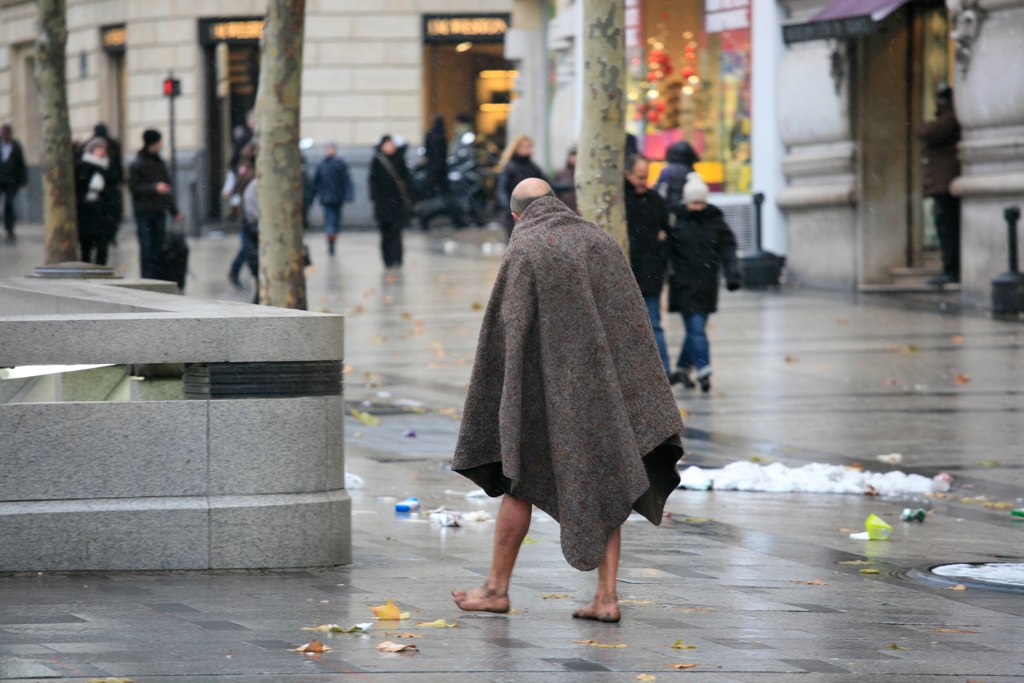In underprivileged communities, the silent crisis of mental health often goes unnoticed. With limited access to resources and support, residents in these areas face unique challenges that exacerbate mental health issues. The need for attention to this critical matter has never been more pressing.
A lack of mental health facilities and trained professionals in underprivileged neighborhoods leaves individuals grappling with their mental well-being without adequate assistance. This deficit is further compounded by the stigma surrounding mental health, preventing many from seeking help due to fear of judgment or discrimination.
Economic struggles, high crime rates, and limited educational opportunities contribute to the heightened stress levels in these communities. The impact is particularly pronounced on children and adolescents, whose development can be hindered by the absence of mental health support.
Community leaders and health advocates urge the government and non-profit organizations to prioritize mental health initiatives tailored to the specific needs of underprivileged neighborhoods. This includes increased funding for mental health programs, establishing accessible counseling services, and implementing educational campaigns to combat the stigma associated with seeking mental health assistance.
Collaborations between local governments, community organizations, and healthcare providers are crucial to developing sustainable solutions. Initiatives that address the root causes of mental health disparities, such as poverty and limited educational opportunities, must be integrated into broader community development efforts.
As we navigate the path towards a more equitable society, it is important to recognize and address the mental health challenges faced by underprivileged communities. By fostering a supportive environment and breaking down barriers to mental health, we can work towards ensuring that everyone, regardless of their socioeconomic status, has the opportunity to achieve and maintain good mental health.
If you or someone you know is in a crisis, get help immediately. You can call 911 or call or text the 988 Suicide & Crisis Lifeline at 988.
Disaster Distress Helpline: Get Immediate Crisis Counseling and Support | SAMHSA : the Substance Abuse and Mental Health Services Hotline
Veterans Crisis Line: call 988 then press 1; text 838255 or click on Chat to connect with 24/7 support

